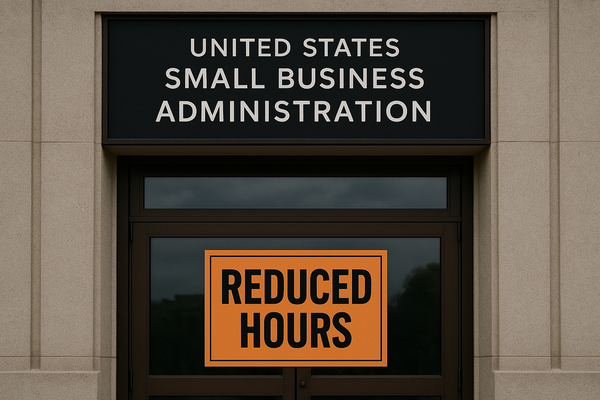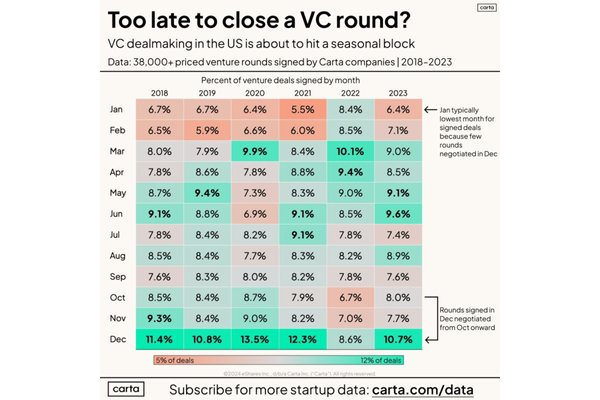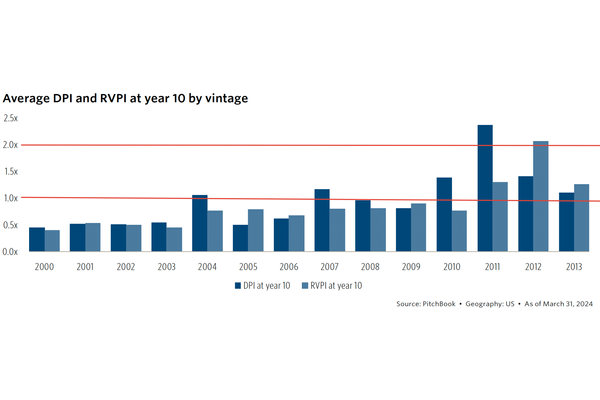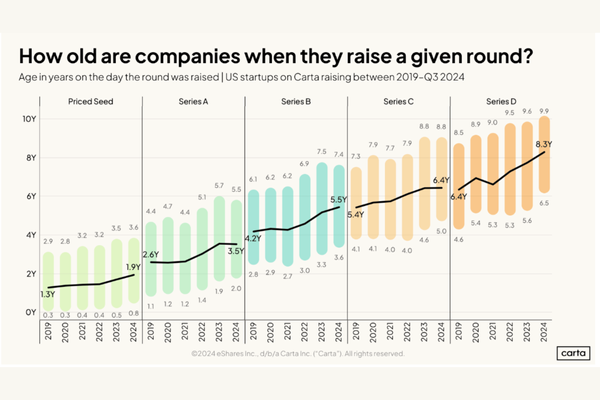Almost Worthless: What Can We Learn From A 99.7 Percent Writeoff
When I see 99% destruction in value in a once high-flying startup, there must be some useful lessons in there somewhere.
I know I'm a bit late on the Tumblr story, but I was on vacation last week! It's hard to keep up with this level of destruction of shareholder value when you're off the grid in the woods of Maine.
In case you missed it, Verizon announced the sale of Tumblr to Automattic (the company behind WordPress) for less than $3 million. Given that Yahoo, now owned by Verizon, bought Tumblr for $1.1 billion in 2013, that's a 99.7% decline in value. Brutal.
And it can be hard to glean useful lessons from the Tumblr story specifically, given how many mistakes Yahoo has made over the years, particularly during the tenure of Marissa Mayer. What a mess. So I'll focus specifically on two issues with Tumblr that should have been red flags for Yahoo when they wrote that billion-dollar check.
Think about monetization from the start
Financial details are always light for a private company, but it's been reported that Tumblr had 2012 revenue of between $5 - $13 million, the year before being acquired by Yahoo for that cool billion. The company at this point was six years old. It was considered a high-flying success given the size of its audience, and yet it was struggling to generate meaningful revenue.
If you had ever been on Tumblr, you could see the challenge of trying to monetize the site with advertising. It was always going to prove to be difficult to attract high quality brand advertisers to the site. Advertisers want their advertising to stand out so that their brand message has an impact on the site's visitors. This has always been the great challenge of traditional digital display advertising, and it's why those small right rail ad units have become such a commodity.
Tumblr greatest value from the user's perspective was the creative, almost chaotic feel, of the content posted on the site. It's an incredibly visual platform, which makes it even harder for brand messaging to break through. For Tumblr to truly create white space for advertisers that might have made for a more compelling ad product, they would likely have had to dramatically change the user experience. And that would have chased many users away, thereby negatively impacting the appeal of the site to advertisers. It's a vicious circle when you have to think about monetization after the fact.
Tumblr was designed without any initial consideration of how to scale monetization through advertising, and by the time they got around to trying to figure out how to wedge in a great brand experience, it was too late.
Not All Site Traffic Has Equal Value
Tumblr was considered a high flying success because it had a huge audience with meaningful engagement. But as I wrote in an earlier post, only revenue equals revenue.
Estimates suggest that even as late as 2018, between 20% - 30% of Tumblr's traffic and engagement was related to porn. And in fact, in December of 2018, Tumblr announced a porn ban and attempted to move all porn to private mode. It was too little, too late.
It's not just that this kind of content can't be monetized. For obvious reasons, once a network develops a reputation for this kind of content, it scares brand advertisers away.
There is the technical challenge of actually being able to identify this kind of content solely through technology. Even the best AI and content filters are going to let some content creep through. And this means it's incredibly difficult to assure brand advertisers that their ads aren't going to end up running against porn, and that's going to keep them from writing the big checks Tumblr needed to scale revenue.
It can be difficult to ignore the allure of big audience numbers and year-over-year traffic growth, particularly in a venture-backed startup that has no meaningful revenue. But if it's built on the back of NSFW content that can't be monetized, it's a trap that can be difficult to escape from.
Yes, but, it was a great exit for the founder and original investors!
Of course, you could go the other way on this one, and decide that building a site without regard to monetization, on the back of a huge amount of porn, can get you to a billion-dollar exit. It certainly worked out for founder David Karp and his investors! Mark Zuckerberg wasn't thinking about monetization when he built Facebook!
Sure. But building your business plan hoping you can fleece a larger, less sophisticated company out of a billion dollars, or hoping that you're the next Mark Zuckerberg, seems like a high-risk strategy. Thinking about your revenue and audience strategy upfront feels like a smarter path.




